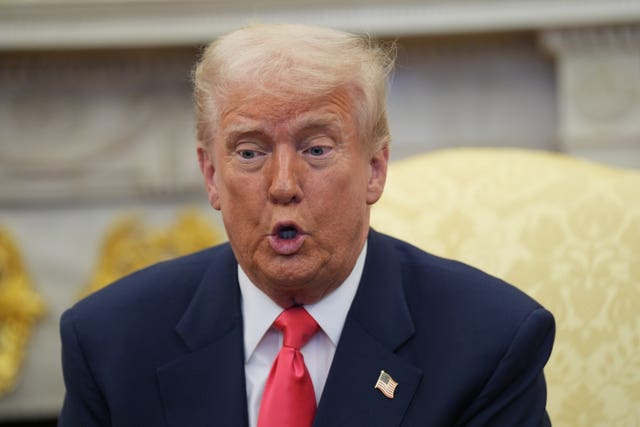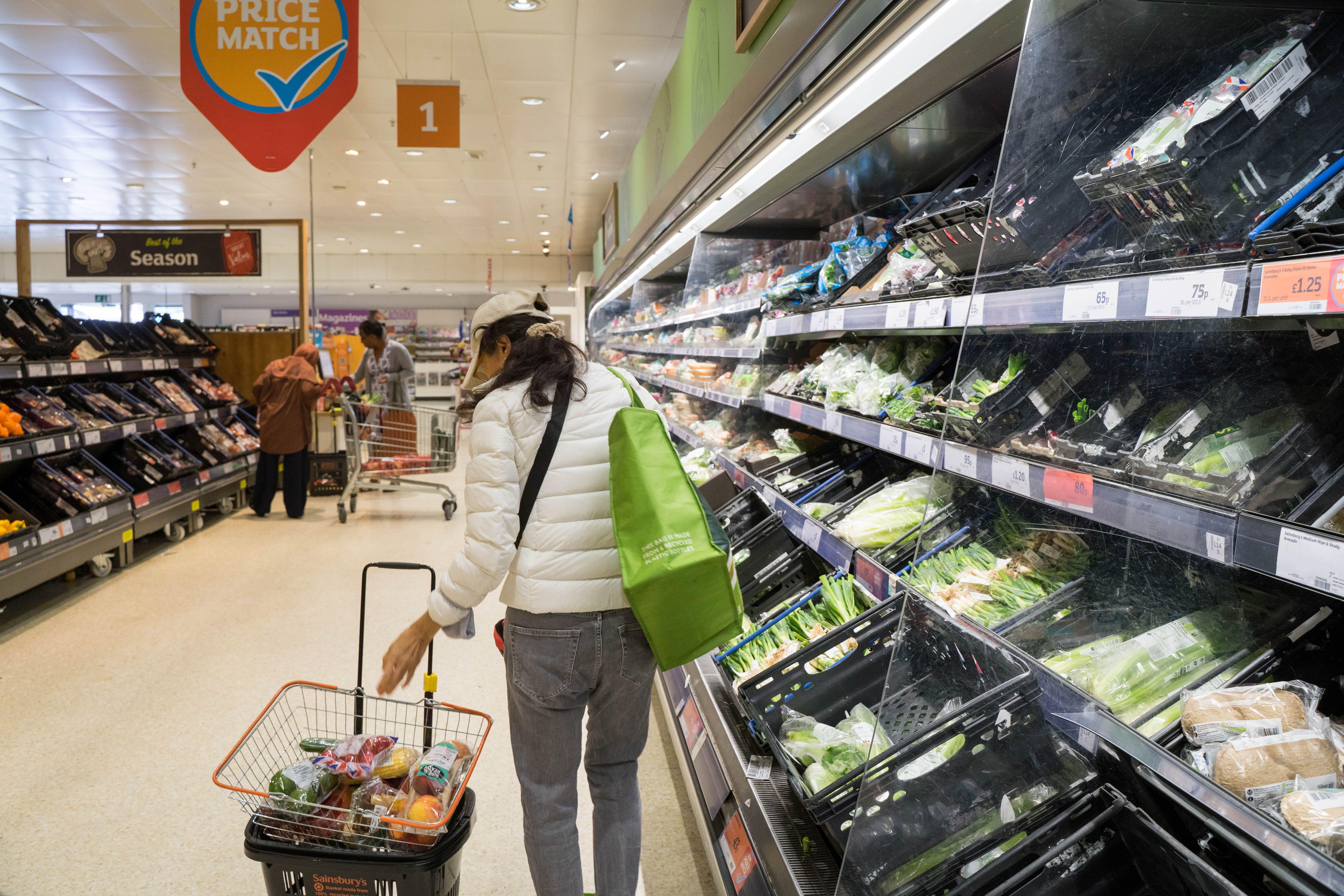Trump tariffs could worsen UK job cuts but consumers may be spared, say experts
The UK’s manufacturing industry is already preparing to face significant disruption.

UK consumers could be spared from price rises following Donald Trump’s tariffs but job cuts could worsen for some of the hardest-hit firms, experts say.
Mr Trump has imposed tariffs on UK aluminium and steel, and carmakers exporting to the US, in a bid to boost American production and protect home-grown manufacturers.
The tariffs could have a major impact on the country’s car industry because it could make it harder for UK businesses to sell to the US.
The manufacturing industry is already preparing to face significant disruption.

Many firms have been trimming staffing levels in the face of slower demand and heightened uncertainty, with smaller firms particularly squeezed, survey data from S&P Global showed on Wednesday.
Matt Swannell, chief economic advisor to the EY Item Club, said: “US tariffs on goods imports from the UK could rise tomorrow, with survey respondents indicating that the possibility of higher tariffs is already weighing on demand for exported goods.”
He said the prospect of tariffs, coupled with weak domestic demand, is “seeing the sector cut jobs”.
Meanwhile, economists say the uncertainty over retaliatory tariffs – meaning how other countries will respond with their own policies – makes it harder to assess how things will change for everyday goods that consumers buy.
Most experts do not expect overall prices to spike as a result, but many are anticipating economic activity to slow to some degree.
This is partly because Mr Trump’s plans have provoked threats of retaliatory tariffs from affected countries, helping fuel fears of an escalating trade war.
While the UK is expected to avid the steep levies facing other countries, experts warmed that the country is still sensitive to changes.
Myron Jobson, senior personal finance analyst for Interactive Investor, said: “President Donald Trump’s tariffs war could have far-reaching consequences for Britons, even if the UK manages to escape direct levies.

“If tariffs contribute to higher inflation, central banks may be forced to tighten monetary policy, which can weigh on bonds and borrowing costs.
“This could impact everything from mortgage rates to corporate investment, potentially slowing economic growth.
“For investors with exposure to US equities – either directly or through pension funds and ISAs – this could translate into market turbulence.”
Meanwhile, the Organisation for Economic Co-operation and Development (OECD) said earlier this month that US trade policy would be a “drag on global activity” and hit living standards around the world.
“Overall, consumers face much of the burden of higher tariffs,” the OECD said in its economic outlook report.
Economists at the Bank of England said the effect on inflation in the UK would depend on how other countries respond with their own trade policies, and how foreign exchange rates are affected.
Economist Swati Dhingra, a member of the Bank’s Monetary Policy Committee (MPC), suggested that the inflation impact could be “less than feared”.
This is because the main goods that the US imports from the UK, including refined oil, were unlikely to see cost increases on account of tariffs.
Fellow economist and MPC member, Megan Greene, said tariffs could end up being “disinflationary”, meaning they help bring down the rate of overall price rises in the UK.
This is because businesses in countries targeted by duties may divert trade by seeking new international buyers.





